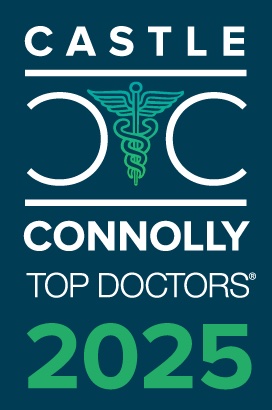Chloe Free
Chloe Anne Free, M.D.
For relevant information regarding accepted insurances, please contact this provider directly.
About Chloe Anne Free, M.D.
External Relationships
Relationships and collaborations with for-profit and not-for profit organizations are of vital importance to our faculty because these exchanges of scientific information foster innovation. As experts in their fields, WCM physicians and scientists are sought after by many organizations to consult and educate. WCM and its faculty make this information available to the public, thus creating a transparent environment.
No External Relationships Reported


